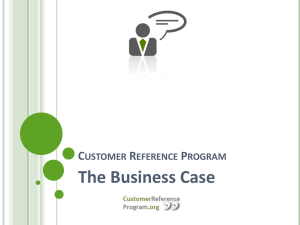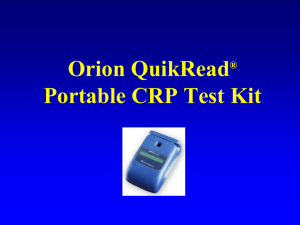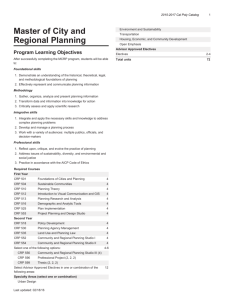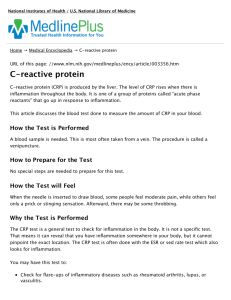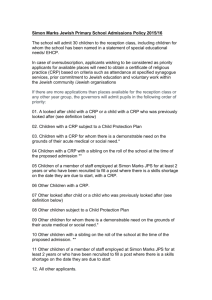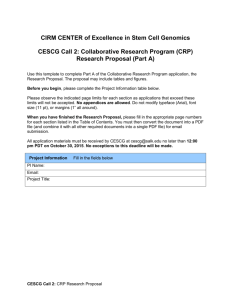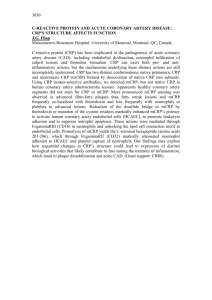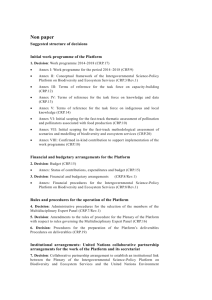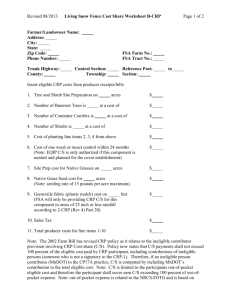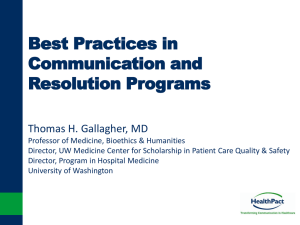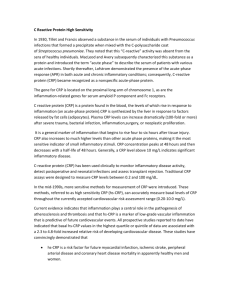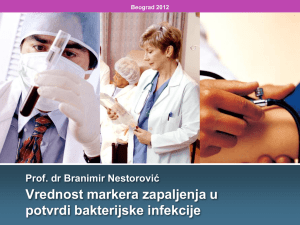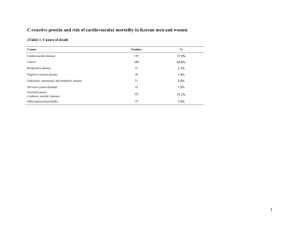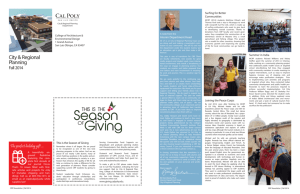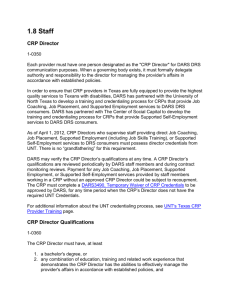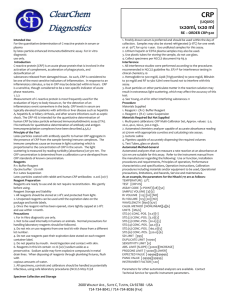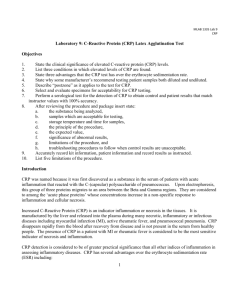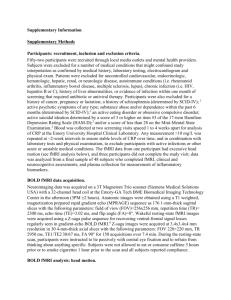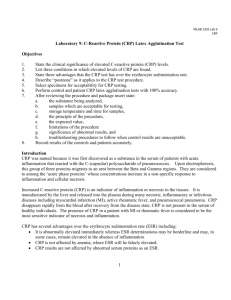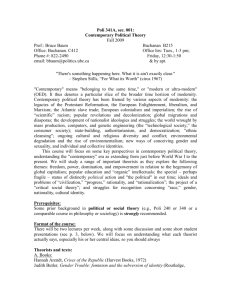peoplesoft-financials-implementation
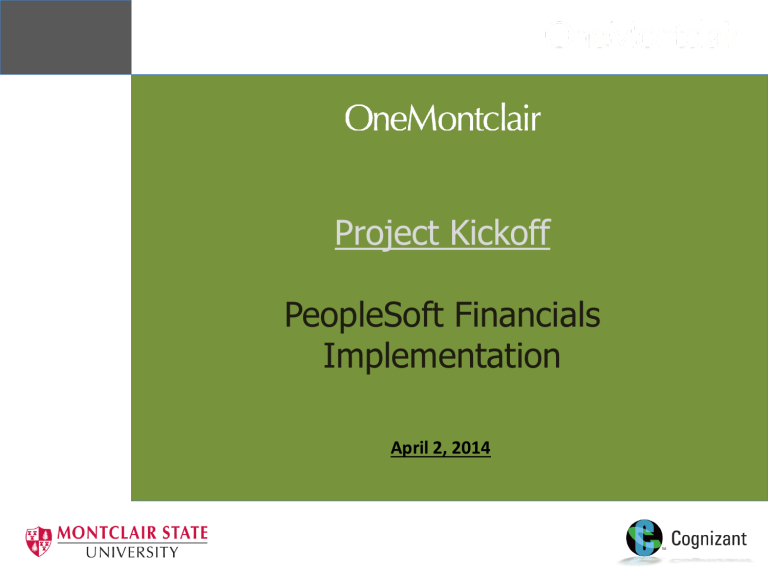
Project Kickoff
PeopleSoft Financials
Implementation
April 2, 2014
Finance Team
o Montclair State University Team o Donald Cipullo CFO o Edward Chapel o Samir Bakane
CIO
Executive Director - OneMontclair o Catherine Rush o Frank Downing
Director of Financial Systems
Project Manager o Cognizant Team o Vasundhar Kolli o Doug Gosnell o Abhijeet Patil o Rohit Srivastava
Account Manager
Engagement Director
Project Manager
Solution Architect
Background & Objectives
Project Background
This project supports the ‘OneMontclair’
ERP Program at MSU specifically focused on
Transformation in the Financials area.
• Business process improvement cannot be readily supported by the current platforms.
• Workarounds and labor-intensive efforts are often required to perform basic university business functions.
• Obtaining management information is difficult and time consuming.
• Current FRS system is no longer supported by the primary vendor and is limited to only regulatory updates
Solution Components
PeopleSoft 9.2
Business Benefits
Enable Better Controls
Implementation | Support
Improve Visibility
Conference Room
Pilots
SME | End Users
Improve Operational Efficiencies
Improve Productivity
Change Mgt. and
User Training
SME | End Users Improve Reporting
Financials Transformation Roadmap
Set the Foundation Implementation Project Scope
Define New Chart of
Account Structure
Phase 0:
Define New Chart of
Accounts Structure
Extending the Boundary
Institutionalize the New
Chart of Accounts and
Finance System
Phase 1:
Implement following 11
PeopleSoft modules
General Ledger
Commitment Control
Accounts Payables
eProcurement
Purchasing
Receivables
Billing
Cash Management
Project Costing
Grants
Contracts
Phase 2:
Implement following 6
PeopleSoft modules
eSupplier connection
eSettlement
Strategic Sourcing
Asset Management
Travel & Expenses
(including Mobile
Integration)
Transformed
PeopleSoft
Financials
Application
Approach
“Product Implementation”
ERP products are based on ‘Industry Best Practices’ reflecting a vendor’s interpretation of the best/most effective way to perform a business transaction.
Product Implementation is the process of mapping overall process vision to product capabilities
Product can usually be configured for alternative process flows thus avoiding customizations that add to long term costs
Business Process Definition and User Adoption will be the key to overall success of the Implementation
Project Phases
4/2014 5/2014 11/2014
Start Up
Assessment and
Design
Build
Schedule and Plan
01/2015
System Integration &
Performance Testing
Independent System Validation
Conference Room Pilot
Finalize Design
3/2015
Training
Power & End User Training on
MSU configured system
Configure Business Processes
Develop Interfaces, Data Conversions and Reports
4/2015 7/2015
User Acceptance
Testing (UAT)
Go Live!
Business Validation of System
Conference Room Pilot
(CRP)
What is CRP?
Conference Room Pilot is a walk-through of business solution designs by core project team members with key project stakeholders and SMEs.
Why CRP?
CRPs provide a forum to articulate the solution to enable business scenarios.
Accelerated build
Reduced Rework
Solution buy-in; early often
See to believe
Benefits of the CRP
Reduce risk
Reduced scope creep
Reduced ramp up latency
Conference Room Pilot
(CRP) - Iterative
June ‘14 Sept ‘14 Jan ‘15
Purpose
CRP 0 A first view of the PeopleSoft Application and basic flows to the MSU SMEs.
CRP 1
Basic Business process cycles will be run with MSU master data and the configuration impact showcased to MSU SMEs.
CRP 2
Business process cycles will be run with MSU master data and any significant RICEW components built to address business gaps will also be shown to the MSU SMEs.
Phase
Startup
Assessment
Design
Build
Data Conversion & Recon
SIT
Training
UAT
Go Live and Support
Post Production Support
Phase 2 Activities
Project Phase 1 - Timeline
April May June July August Sept Oct Nov Dec Jan-15 Feb March April May June July Aug Sept
1 2 3 4 1 2 3 4 5 1 2 3 4 1 2 3 4 1 2 3 4 5 1 2 3 4 1 2 3 4 1 2 3 4 5 1 2 3 4 1 2 3 4 1 2 3 4 5 1 2 3 4 1 2 3 4 1 2 3 4 5 1 2 3 4 1 2 3 4 1 2 3 4 5 1 2 3 4
CRP 0
CRP 1
CRP 2
April May June July August Sept Oct Nov Dec Jan-15 Feb March April May June July Aug Sept
Business Commitment
SME Time Usage Max 20-40 hrs per week
SME Time Usage High 15-20 hrs per week
SME Time Usage Medium 10-15 hrs per week
SME Time Usage Min 5-10 hrs per week
Critical Success Factors
Process
• Effective project plan accommodates University resource availability
• Risks and Issues identified and mitigated
• Program/Project Team continued focus on “OneMontclair”
• Measurable improvements to Business Processes
• Clear and usable documentation
• Quality Assurance built into the methodology
• Communication Early and Often
People
• Effective Change Management Plan
• Training delivered @ Point of Need
• Empowered Users able to define business process with minimal customizations
• Enthusiastic & Supportive User Community
Technology
• Core System extensible for future capabilities
• Data – high transparency, “single source of truth”, improved auditability
• Improved accessibility, automation & web integration (workflow, mobile, e-processes)
Next Steps
Key Upcoming Activities Month
Finalize Governance and Schedule Meetings April ‘14
Begin building Project Plan April ’14
Prepare for CRP 0
Deliver University wide Kick-off
April ’14
April ‘14
Sample values for Chart of Accounts May ’14
Begin building Change Management Plan May ’14
Begin Interface and Conversion Strategies May ‘14
CRP 0 begins June ’14
